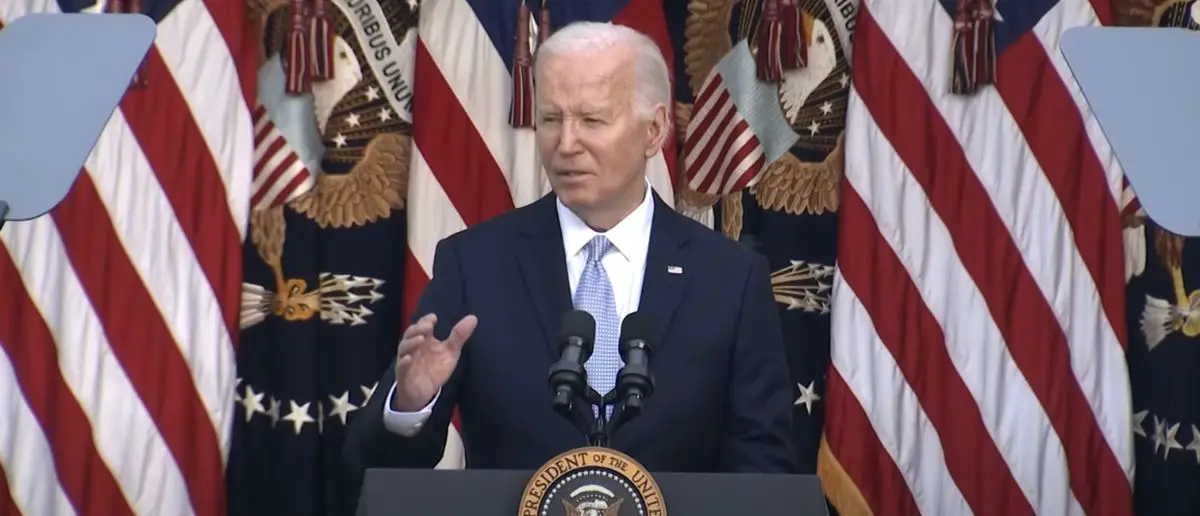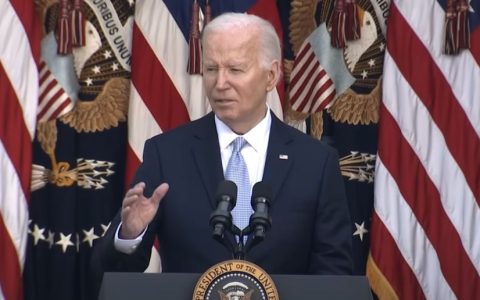
The Republican primary is down to two major candidates. But it might already be over.
Because Donald Trump is playing 4D chess with Nikki Haley according to bombshell revelations.
Nikki Haley faced a significant setback in the New Hampshire primary, despite a considerable advantage in ad spending fueled by groups like Americans for Prosperity Action, backed by the Koch network. Federal Election Commission (FEC) filings and a report from AdImpact revealed that pro-Haley groups spent $30.4 million on advertisements supporting her candidacy, surpassing the $15.7 million spent on ads supporting Trump.
Americans for Prosperity Action, a super PAC linked to the libertarian-leaning Koch network, played a pivotal role in supporting Haley before the primary. They spent $611,558 attacking Trump and over $1.5 million boosting Haley in the state since January 16, as per FEC records. However, despite the substantial ad spending, the Associated Press declared Trump the winner on Tuesday night, with Trump leading New Hampshire with 54.5% of the vote to Haley’s 43.2%.
So, former President Donald Trump was able to win the New Hampshire primary by a fairly comfortable margin by spending about half of that of the Nikki Haley campaign.
Major issues highlighted in New Hampshire primary advertisements included immigration, the economy, personal character, China, Joe Biden, and terrorism, as outlined in AdImpact’s report. Haley conceded defeat in Concord, New Hampshire, stating, “This race is far from over,” emphasizing the upcoming states, starting with South Carolina on February 25.
Despite the loss, Haley pledged to continue her campaign, receiving ongoing support from Americans for Prosperity Action, which has spent over $2.1 million supporting her in South Carolina. The Defending Democracy Together (DDT) group, co-founded by ex-Republican Bill Kristol and funded by the Sixteen Thirty Fund, also contributed to Haley’s campaign in New Hampshire, spending just under $100,000 since January 16.
The financial implications for Haley’s campaign are substantial after the New Hampshire primary. Some major donors expressed uncertainty about Haley’s ability to secure the nomination if unsuccessful in New Hampshire.
Home Depot co-founder Ken Langone, a billionaire Haley donor, indicated that he was waiting for the primary results before deciding on a “major gift” to Haley’s presidential effort.
Langone mentioned the possibility of supporting Trump in the general election if Haley did not win the nomination. The road ahead for Haley’s campaign remains uncertain as it moves forward into subsequent primaries.
Haley’s loss in New Hampshire raises questions about the effectiveness of massive ad spending in influencing electoral outcomes. While ad spending played a significant role in supporting her candidacy, it did not translate into victory in the primary. The dynamics of political campaigns and voter preferences are complex and can’t be solely determined by financial investments.
The New Hampshire primary showcased the importance of key issues in voters’ minds, with immigration, the economy, personal character, China, Joe Biden, and terrorism taking center stage. Understanding and addressing these concerns may prove crucial for candidates seeking success in future primaries and the overall election.
The support from Americans for Prosperity Action, a super PAC associated with the Koch network, highlights the influential role that outside groups can play in shaping electoral landscapes. Their substantial spending both attacking Trump and boosting Haley underscores the impact of external support on candidates’ visibility and performance.
Haley’s decision to continue her campaign despite the New Hampshire loss demonstrates resilience and determination. With upcoming primaries in states like South Carolina, she aims to regain momentum and secure delegates. The primary process is dynamic, and candidates often face ups and downs before the final nomination.
The involvement of groups like Defending Democracy Together (DDT) in supporting Haley indicates the diverse range of support that candidates may receive. In this case, a group co-founded by a former Republican and funded by a Democrat-aligned dark money group contributed to Haley’s campaign. This highlights the complex and sometimes unexpected alliances in the political landscape.
The uncertainty surrounding major donors, such as Ken Langone, reflects the strategic decision-making involved in political contributions.
Donors evaluate candidates’ performance and viability before making significant financial commitments. The New Hampshire results could influence future contributions and endorsements for Haley’s campaign.
As the campaign progresses, Haley faces the challenge of reshaping her strategy to appeal to a broader audience. The loss in New Hampshire may prompt a reassessment of messaging, policy emphasis, and engagement strategies. Candidates often adapt their approaches based on primary outcomes and feedback from voters.
Donald Trump’s supporters are criticizing the Haley campaign as a “trojan horse” that’s only intended to weaken Donald Trump and support the RINO establishment’s wishes to see anyone other than Donald Trump in the White House.
Even if that’s the case, they’ve been wildly unsuccessful so far as Donald Trump is far ahead of Nikki Haley while being able to spend half as much as her campaign at times.
WATCH: Eric Trump claims that Nikki Haley is “being paid to be in the race as a pure spoiler."
Do you believe him? 🤔 pic.twitter.com/gKYEScqk8G
— Proud Elephant 🇺🇸🦅 (@ProudElephantUS) January 25, 2024
Stay tuned to the DC Daily Journal.





